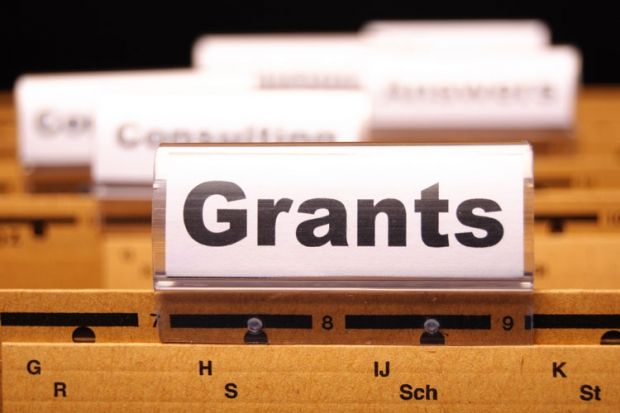National Institutes for Health Research
Research project grants
Health Technology Assessment Programme
- Award winner: Ann Van den Bruel
- Institution: University of Oxford
- Value: £74,884
Non-contact infrared thermometers for measuring body temperature in acutely ill children: a method comparison study
- Award winner: Peter Hajek
- Institution: Queen Mary University of London
- Value: £1,671,212
Helping pregnant smokers quit: multi-centre RCT of electronic cigarettes v usual care
- Award winner: Nicola Innes
- Institution: University of Dundee
- Value: £1,916,394
The clinical and cost-effectiveness of a short messaging service behaviour change programme to improve the oral health of young people in deprived areas
Public Health Research Programme
- Award winner: Barry Wright
- Institution: Leeds and York Partnership NHS Foundation Trust
- Value: £971,711
Investigating social competence and isolation in children with autism taking part in Lego-based therapy clubs in school environments
Medical Research Council
Research project grants
- Award winner: Michael Owen
- Institution: Cardiff University
- Value: £2,407,100
Molecular genetic studies of schizophrenia
- Award winner: Suzanne Hingley-Wilson
- Institution: University of Surrey
- Value: £124,191
Macrophage-induced drug tolerant persisters in tuberculosis
- Award winner: David Lyons
- Institution: University of Edinburgh
- Value: £411,876
How does neuronal activity regulate central nervous system -myelination?
Fellowships
- Award winner: Risheka Ratnasabapathy
- Institution: Imperial College London
- Value: £286,544
Determining the role of arcuate nucleus glucokinase in the regulation of glucose homeostasis
Wellcome Trust
Investigator Awards in Science
- Award winner: Trevor Graham
- Institution: Queen Mary University of London
- Value: £1,317,862
Evolutionary predictions in colorectal cancer (EPICC)
- Award winner: Rachel McLoughlin
- Institution: Trinity College Dublin
- Value: £1,310,984
Staphylococcus aureus-induced immunosuppressive memory: consequences for bug and for host
In detail
Economic and Social Research Council
Research project grant
Award winner: Holly Branigan
Institution: University of Edinburgh
Value: £342,123
Conversational alignment in children with an autistic spectrum condition and in typically developing children
Difficulty engaging with conversations is one of the more common symptoms of autism spectrum conditions. However, it is still unclear what may cause these difficulties. Holly Branigan’s research will focus on “conversational alignment”: people’s natural tendency to imitate the syntax and vocabulary of those they speak with, making conversations more fluent and satisfying. Aligning differently – or not aligning at all – could explain the difficulties that children with an autism spectrum condition have with communication. The study will look into how conversational alignment is affected by factors that may set aside children with an autism spectrum condition; “audience design” (adapting language to be easier to understand) and social-affective goals (adapting language to express affiliation). This project could help to explain why these children tend to struggle with conversation.
Register to continue
Why register?
- Registration is free and only takes a moment
- Once registered, you can read 3 articles a month
- Sign up for our newsletter
Subscribe
Or subscribe for unlimited access to:
- Unlimited access to news, views, insights & reviews
- Digital editions
- Digital access to THE’s university and college rankings analysis
Already registered or a current subscriber?


